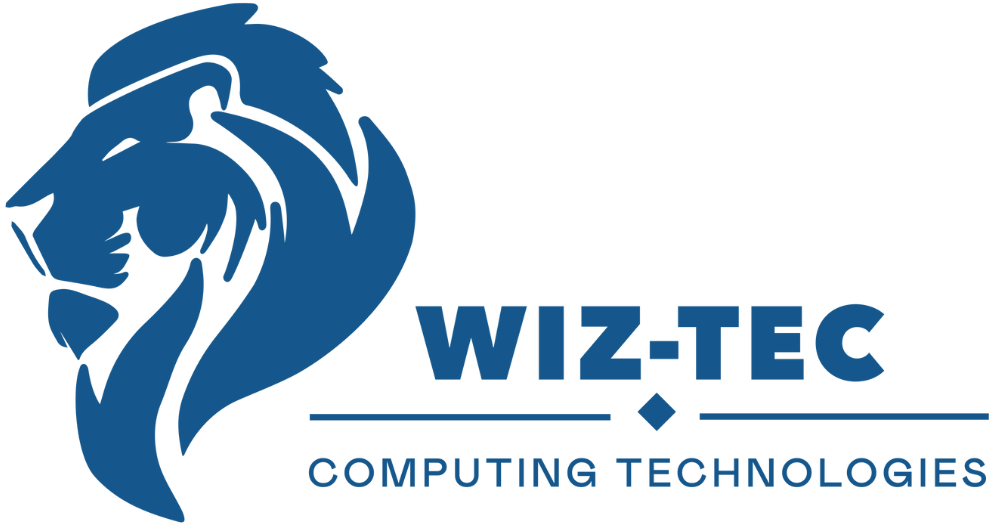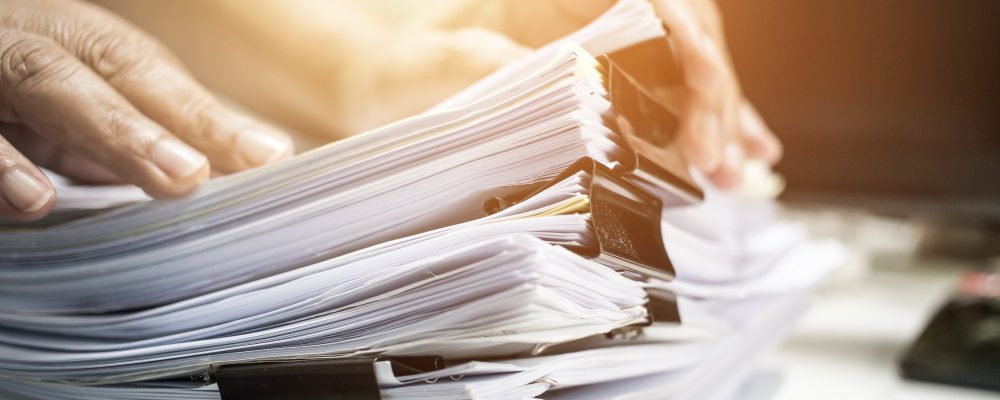First Nations individuals living on-reserve are entitled to receive tax exemptions on their fuel and tobacco purchases. This is protected under section 87 of the Indian Act. Please note that the term “Indian” is used throughout this guide because it has legal meaning under the Indian Act under which the Indian status tax exemption program is outlined. We realize that First Nation peoples may prefer to be referred to with different nomenclature. Each province in Canada has its own system even though this legislation is protected by the federal government. This means that no tax exemption system is exactly the same anywhere. As a result, retailers must either use manual paper claims mailed out to the government, or use an electronic Point of Sale system certified to work with their province’s tax authority requirements.
Download the full PDF guide below to access all registration and submission information.
In this guide, we will go over all the information available regarding these exemptions and how each province deals with them. Please use the jumplinks below to view the information for your particular province. Certainly feel free to reach out to Wiz-Tec for more information on electronic systems.
- Download the full PDF guide below to access all registration and submission information.
- Applying for a federal Certificate of Indian Status (status card) for tax exemptions
- Alberta Indian Tax Exemption (AITE) Program
- British Columbia Exempt Sale Retail Dealer (ESRD) and/or Exempt Fuel Retailer (EFR) Program
- Saskatchewan Fuel and Tobacco Tax Refund Program
- Manitoba
- Ontario First Nations Gas Tax Rebate Program
- Quebec – Program for Administering the Fuel Tax Exemption for Indians
- Nova Scotia Indian Fuel Tax Exemption Program (NSIFTE)
- Prince Edward Island
- New Brunswick
- Newfoundland & Labrador
- The Territories (Northwest Territories, Nunavut, Yukon)
Applying for a federal Certificate of Indian Status (status card) for tax exemptions
Many provinces use the federal status card as a means to verify an individual’s eligibility for tax exemptions. Therefore, it is important that First Nations have their status card readily available when purchasing fuel or tobacco on-reserve. Applying for a status card is a fairly straightforward process. Eligible individuals must fill out the Secure Certificate of Indian Status (SCIS): Application for already registered persons form. After that, they must submit it to their respective Indigenous Services Canada (ISC) or Crown-Indigenous Relations and Northern Affairs Canada (CIRNAC) regional office. Individuals can mail in (a guarantor is required) or submit forms in person.
It’s important to note that in order to receive a Secure Certificate of Indian Status, individuals must be registered under the Indian Act. You can find more information about how you can apply for a status card as well as the necessary documentation to submit on the official site for the Government of Canada. These cards must be presented to the retailer providing the exemption at the time of purchase for confirmation of eligibility.
Alberta Indian Tax Exemption (AITE) Program
On-reserve First Nation retailers providing fuel, tobacco, and accommodation are entitled to receive a refund of the appropriate taxes and levies on these products and services. However, this is only applicable when an eligible individual purchases these from them. Authorized retailers must purchase fuel and tobacco from bulk suppliers with taxes included. However, they will receive a refund for these taxes through the AITE program. These refunds include the Alberta fuel tax, carbon tax, tobacco tax, and the tourism levy. Until October 4, 2021, First Nation retailers may validate eligibility through the AITE card. This will be discontinued in favour of the federal Certificate of Indian Status card for tax exemption validation. Retailers have a choice between manual paper claims or an electronic system integrated into their Point of Sale system to submit claims for refunds automatically.
British Columbia Exempt Sale Retail Dealer (ESRD) and/or Exempt Fuel Retailer (EFR) Program
The Government of British Columbia currently uses a paper-based tax exemption system for their First Nation retailers on-reserve. The province confirms customer eligibility for tax exemptions on fuel and tobacco through the federal Certificate of Indian Status (status card). Though most First Nations use this system, Treaty First Nations such as the Tsawwassen First Nation, Maa-nulth First Nations, or Nisiga’a First Nations are not eligible for these exemptions after the date assigned in their respective treaties.
To receive tax refunds, First Nation fuel and tobacco retailers must record of every tax exempt transaction on a Schedule of Sales of Tax-Exempt Fuels to First Nations form. This form must be submitted to the provincial tax agency on a monthly basis. Additionally, retailers must submit the Tax Return – Exempt Fuel Retailer form to receive the rebate for the taxes they pre-paid to their bulk suppliers on product sold to tax exempt individuals. For more information on how to submit tax exemption refund claims, please look at the bulletin on the Fuel Tax Exemption Program. To be able to sell tax-exempt fuel, First Nation retailers must register in the Exempt Fuel Retailer program.
Saskatchewan Fuel and Tobacco Tax Refund Program
The province of Saskatchewan uses an electronic system for tax exempt transactions of on-reserve retailers. First Nation retailers must sign up to be part of the First Nations Fuel and Tobacco Tax Refund Real Time Validation System (RTVS). After this, they receive a point of sale system capable of processing these transactions. Currently, the province of Saskatchewan only accepts transactions with tax exemptions through the electronic system. This is so that the Certificate of Indian Status may be validated in real-time. Retailers must pre-pay the taxes on the bulk fuel and tobacco then submit a claim to receive the refund.
Manitoba
Manitoba uses a paper-based tax exemption system similar to the one currently used in BC. Retailers providing tax exemptions must validate the eligibility of their customer by checking the federal Certificate of Indian Status (status card) at the time of purchase. First Nation retailers in the province are eligible to receive tax refunds on the taxes paid on fuel and tobacco purchased to be resold to eligible tax exempt customers.
Ontario First Nations Gas Tax Rebate Program
Ontario uses one of the more advanced tax exemption systems in Canada. They use real-time validation of the Certificate of Indian Status card and automatic voucher submission through a certified POS system. Wiz-Tec is the dedicated provider of this service for the Ontario Ministry of Finance. Ontario previously used the Ontario Gas Card as the verification of eligibility for fuel tax exemptions. This was replaced by the federal Certificate of Indian Status on January 1, 2020.
The transition to this card on the electronic systems in the province was handled by Wiz-Tec overnight to prevent and mitigate any disruptions to First Nations retailer operations. Since then the province has been using status card numbers to verify purchases by tax exempt customers. This has reduced the amount of paperwork sites in Ontario are required to do as the vouchers are automatically submitted to the Ministry for approval. Retailers in Ontario are still able to use paper-based vouchers for their tax exemption claims.
Quebec – Program for Administering the Fuel Tax Exemption for Indians
Quebec’s Indian status tax exemption process is the most technologically advanced and accessible in Canada. Like other provinces, on-reserve First Nations retailers in Quebec are entitled to receive refunds for the taxes they prepay. Wiz-Tec Computing Technologies is the dedicated provider of the province’s electronic tax exemption software and hardware. Revenue Quebec distributes the point of sale systems necessary to the First Nation retailers in the program. First Nations that want exemptions on their fuel purchases must submit a Registration Application for Indians form. This is so they may receive the Attestation d’inscription necessary to receive the exemption upon purchase.
The automated system for tax exemptions has been in place since 2013. Revenue Quebec covers the costs of installation and maintenance of these systems. Retailers are obligated to collect all the necessary information from tax exempt customers. Additionally, they are required to clearly display the sale price of fuel with and without taxes for customers to view. This is so customers may be assured the tax exemption was granted. More information can be found on the Obligations of a Retail Dealer Situated on a Reserve webpage.
Nova Scotia Indian Fuel Tax Exemption Program (NSIFTE)
Nova Scotia’s Ministry of Finance runs their Indian status tax exemption program with verification through a status member’s driver’s license. The province uses driver’s licenses instead of their status card or dedicated provincial card like other provinces. First Nations individuals must register themselves in the NSIFTE Program before they are eligible to purchase tax exempt fuel or tobacco. Since the system relies on verification of registration through the retailer’s point of sale, paper based exemptions are not possible. The retailers participating in the program use electronic means for claim submissions. Instead, submitting paper claims is the responsibility of the customer. Customers fill a refund form for fuel taxes over $100 if not granted at the time of purchase. For a First Nation individual to be able to purchase tax exempt fuel and tobacco they must:
- Fill the Nova Scotia Indian Fuel Tax Exemption Program Program Application
- Present the filled out registration form, driver’s licence, and federal Certificate of Indian Status to their respective Band Office
- The Band membership clerk would then review and certify the application and send it to the Department of Service Nova Scotia and Internal Services
- If approved by the Department, the eligible individual would now be able to swipe, scan, or key in their license number when making a tax exempt purchase at a registered on-reserve retailer
According to the Government of Nova Scotia’s website, this process should take approximately 1 to 2 weeks.
Prince Edward Island
There are only four First Nation reserves on Prince Edward Island. As a result, the province does not allow exemptions for First Nations individuals from other provinces. This mean that manual claims limit the tax exemption system. First Nations individuals in this province are exempt from the provincial Retail Sales Tax and Harmonized Sales Tax as well as the Carbon Levy on fuel products purchased on reserve. The retailer providing the tax exemption to an eligible individual must record the details on that individual’s status card. These details include: the name, band number, and PEI reserve address of the customer when issuing tax exemptions on sales. Retailers send these to the appropriate tax authority for approval of the refund.
New Brunswick
The Government of New Brunswick does not have an Indian status tax exemption system in place like other provinces. Instead, it is the only province with tax agreements with First Nations communities. According the provincial government, these agreements outlined that First Nations communities would receive refunds of 95% for the first $8 million collected in provincial sales tax and 70 per cent on amounts thereafter. On April 2021, the premier of the province announced that the province would end these tax-sharing agreements. However, First Nations communities won a ruling against the province which granted them the right to share taxes collected from the Carbon Levy. The province proposes collaboration with First Nations to implement a different taxation system.
Newfoundland & Labrador
There is no formal system for Indian status tax exemptions on fuel or tobacco in Newfoundland and Labrador.
The Territories (Northwest Territories, Nunavut, Yukon)
There is no formal system for Indian status tax exemptions on fuel or tobacco for in the Territories. Wiz-Tec provides a dedicated solution to some retailers in the Northwest Territories. This system is similar to the one provided to retailers in British Columbia. Nunavut and the Yukon do not have a designated system to exempt taxes from purchases by First Nations.

